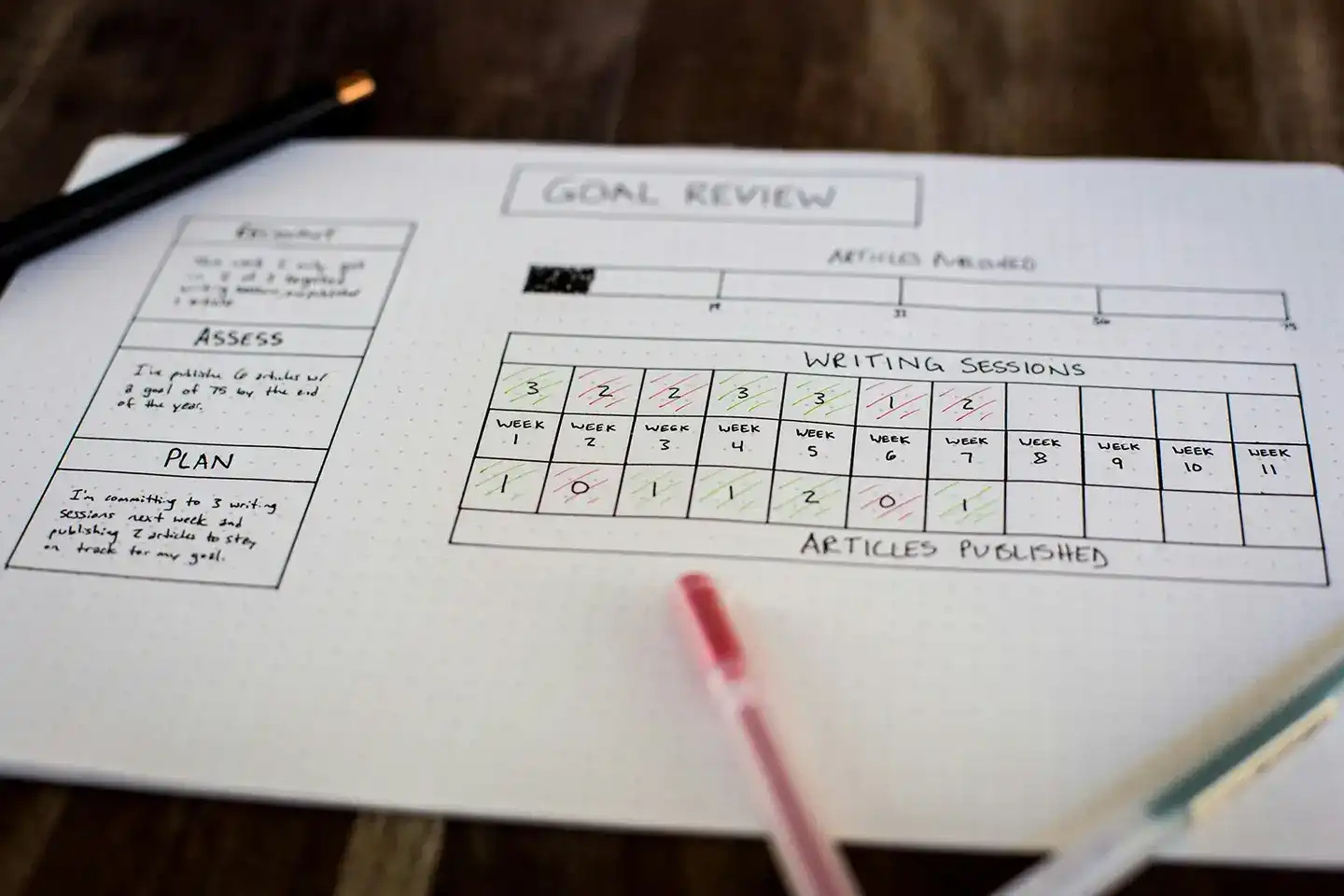The Year in Review: Why Reflection Matters

Life can feel like a whirlwind, especially when December arrives and your calendar fills with social events, travel plans, and last-minute tasks. In the midst of the holiday frenzy, reflection often gets pushed aside. Yet taking time to look back at the past year can bring surprising clarity, boosting your motivation and setting you up for a more intentional start to the new year.
1. Recognize Your Wins (Big or Small)
Begin by listing out achievements, both the monumental ones and those everyday successes that often go unnoticed. Maybe you launched a side project, learned a new skill, or simply made time for self-care in a season of busyness.
- Why it helps: Celebrating these victories validates your effort, builds confidence, and reminds you that growth is a process, incremental steps can lead to meaningful outcomes.
- Pro tip: Scroll through your photo library or daily planner for reminders of moments you may have forgotten. This tangible evidence can spark gratitude and renewed motivation.
For a deeper dive on turning small wins into lasting momentum, check out The Power of Habit Streaks: How Small Daily Actions Lead to Big Results.
2. Identify Lessons and Patterns
Reflection is more than celebrating successes. It’s also a chance to notice recurring patterns and challenges. Maybe you realized you consistently procrastinated on administrative tasks, or you felt an upswing in stress each time you overcommitted socially.
- Ask yourself: “What contributed to these challenges?” and “How can I adapt my habits or mindset to address them?”
- Refine, don’t regret: Lessons help you refine your approach going forward. Use this insight to shape your 2025 goals with more honesty and clarity.
If boundary issues or emotional struggles keep surfacing, Building Healthy Boundaries: Navigating Difficult Relationships can offer strategies for reclaiming balance.
3. Embrace Unexpected Growth
Sometimes the most impactful changes happen in places you didn’t anticipate, like discovering a talent for cooking or developing a deeper relationship with friends. Recognizing these unplanned areas of growth can broaden your perspective on who you’re becoming.
- Look at your everyday life: Did you pick up any new hobbies or find fresh perspectives on old routines?
- Stay curious: Consider how you might integrate these surprising passions or insights more intentionally in the coming year.
If you’re not sure where to start, consider journaling. Learn more in How to Use Journaling for Emotional Wellbeing.
4. Shape a Clear Roadmap for Next Year
Once you’ve taken stock of your wins, lessons, and unexpected growth, put these insights into action:
- Choose a theme: Consider an overarching focus like “Deepening Relationships,” “Consistent Self-Care,” or “Creative Expansion.”
- Set 1–3 big goals: Align them with your theme. Make sure they are realistic and meaningful, something that resonates with your core values.
- Map out micro-steps: Break each goal into smaller milestones. Track them monthly or weekly to stay on course.
For a structured approach to future planning, see Prepping for 2025: Goal-Setting & Vision Planning.
5. Close the Year with Gratitude
A year-end reflection isn’t complete without expressing gratitude, for the supportive people in your life, for the challenges that pushed you to grow, and for any positive changes you’ve experienced along the way. Gratitude fosters contentment and a clearer mind, preparing you for the new year with optimism and confidence.